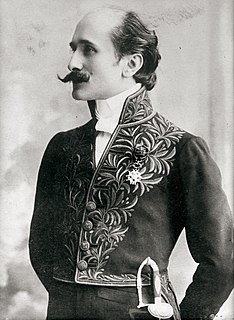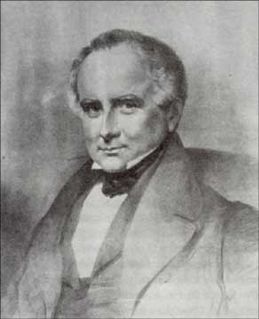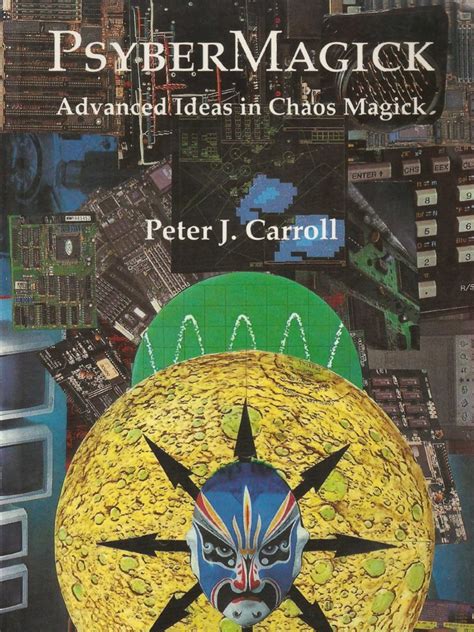A Quote by Edmond Rostand
A kiss, when all is said, what is it? An oath that's given closer than before; A promise more precise; the sealing of Confessions that till then were barely breathed; A rosy dot placed on the i in loving.
Related Quotes
A kiss! When all is said, what is a kiss? An oath of allegiance taken in closer proximity, a promise more precise, a seal on a confession, a rose-red dot upon the letter i in loving; a secret which elects the mouth for ear; an instant of eternity murmuring like a bee; balmy communion with a flavor of flowers; a fashion of inhaling each other's hearts, and of tasting, on the brink of the lips, each other's soul!
A kiss, when all is told, what is it? An oath taken a little closer, a promise more exact. A wish that longs to be confirmed, a rosy circle drawn around the verb 'to love'. A kiss is a secret which takes the lips for the ear, a moment of infinity humming like a bee, a communion tasting of flowers, a way of breathing in a little of the heart and tasting a little of the soul with the edge of the lips!
And what is a kiss, specifically? A pledge properly sealed, a promise seasoned to taste, a vow stamped with the immediacy of a lip, a rosy circle drawn around the verb 'to love.' A kiss is a message too intimate for the ear, infinity captured in the bee's brief visit to a flower, secular communication with an aftertaste of heaven, the pulse rising from the heart to utter its name on a lover's lip: 'Forever.
The conscious mind is a maelstrom of fleeting thoughts, images, sensations, feelings, conflicting desires, and doubts; barely able to confine its attention to a single clear objective for a microsecond before secondary thoughts begin to adulterate it and provoke yet further trains of mental discourse. If you do not believe this, then attempt to confine your conscious attention to the dot at the end of this sentence without involving yourself in any other form of thinking, including thinking about the dot.
There's never been a moment,' he barely said, 'when I didn't recognize you.' She wiped her eyes. Her mascara smeared. He nudged the merry-to-round into motion. He could kiss her now. If he wanted. 'I'd know you in the dark,' he said. 'From a thousand miles away. There's nothing you could become that I haven't already fallen in love with.' He could kiss her. 'I know you,' he said.
Before I began The Cider House Rules, I thought I wanted to write about a father-son relationship that was closer, more conflicted, and ultimately more loving, than most. Then I began to think of a relationship between an old orphanage director and an unadoptable orphan - a kid who goes out into the world and fails and keeps coming back, so that the old guy ends up with someone he's got to keep.

































